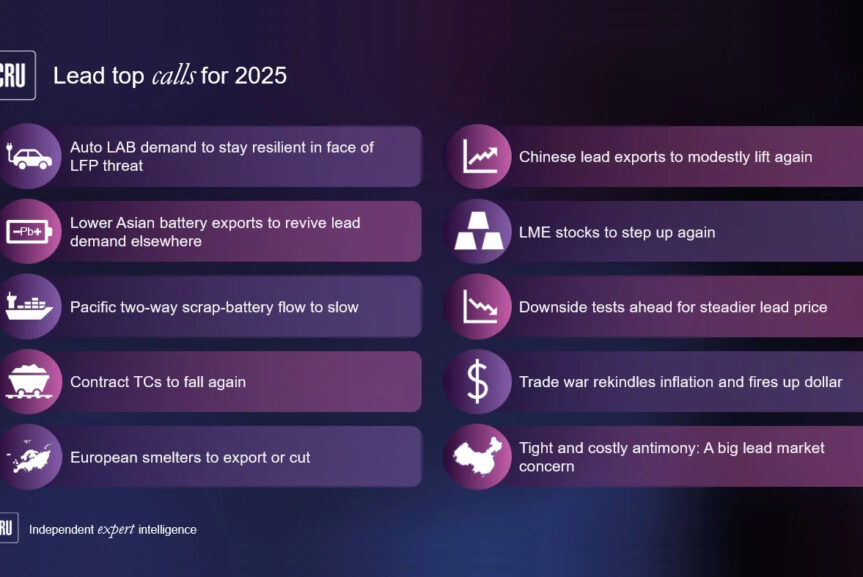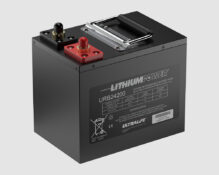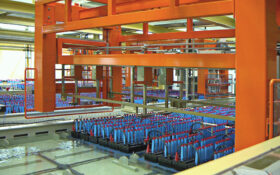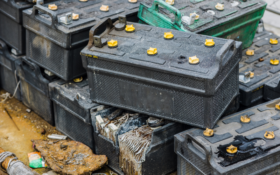The California Department of Toxic Substances Control (DTSC) last week published its 2018-2020 Draft Priority Product Work Plan that will put pressure on lead battery manufactures to see whether there are “safer alternatives” to the existing products.
The much-anticipated plan identifies the product categories that DTSC will evaluate over the next three years as potential “priority products” under California’s green chemistry programme.
California’s Safer Consumer Products Initiative, also known as the “Green Chemistry” Initiative, delegates broad authority to DTSC to identify product-chemical combinations or “priority products.”
Manufacturers of such products must then conduct an alternatives analysis to assess whether safer alternatives exist. Depending on the outcome, DTSC may issue a “regulatory response” including use restrictions, product sales prohibitions and end-of-life product management, among others.
Lead batteries are being scrutinised with a variety of other consumer products including beauty products construction materials and food packaging.
DTSC selected food packaging because of studies demonstrating a correlation between the ingestion of packaged foods and exposure to certain chemicals such as phthalates, bisphenol A, and perfluorochemicals.
Lead-acid batteries were selected as a result of 2016 legislation requiring them to be listed. Because DTSC essentially has a blank cheque to regulate or even ban the sale of Priority Products, companies that manufacture products that are sold in California and within the scope of the Draft Work Plan have been warned to “pay close attention” to future developments and consider engaging in the process.
DTSC is accepting written comments on the Draft Work Plan until 9 March 2018 and will be holding a public hearing on 26 February 2018. DTSC is expected to release a final 2018-20 Work Plan later this year.
In a statement, Battery Council International said: “We were disappointed to see that California DTSC has included lead batteries in their Draft Work Plan. But we are confident that after a review of the facts, DTSC will conclude that lead batteries do not meet the criteria for a Priority Product under the Safer Consumer Products Program. Lead batteries are a safe and sustainable product, which the U.S. EPA recognises as having the highest collection and recycling rate, at 99%, of any battery chemistry. They are also the most widely recycled consumer product, surpassing cardboard and glass.”
Lead industry leaders in California held talks with regulators last year as part of a review of lead-acid batteries under the Safer Consumer Products Program.
State governor Jerry Brown ordered the review in 2016 in the wake of the closure of Exide Technologies’ troubled Vernon lead-acid battery recycling plant.












